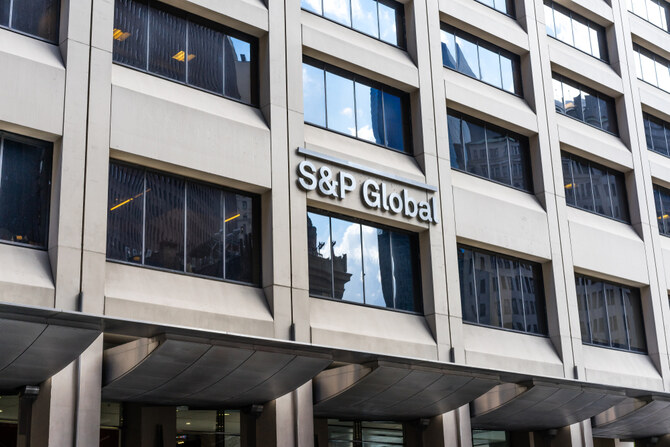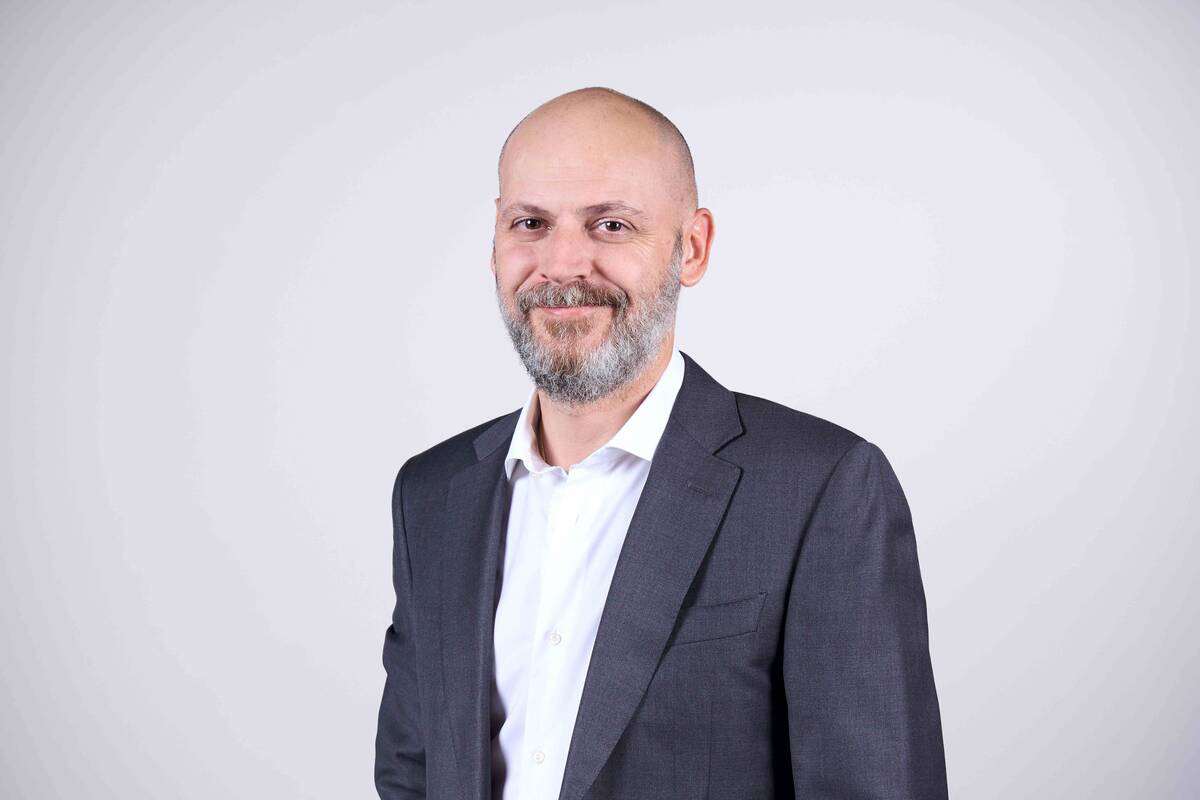RIYADH: Non-oil business activity in the UAE continued its momentum in October, with the Emirates’ Purchasing Managers’ Index reaching 54.1, up from 53.8 in the previous month, an economy tracker showed.
According to the latest PMI report compiled by S&P Global, the rise in the index was driven by a faster increase in business activity, as demand rose and firms maintained efforts to contain backlogs.
Aligned with the economic diversification efforts of its Arab neighbors, the UAE is also reducing its reliance on crude revenues and is concentrating more on sectors such as tourism.
“The main factor keeping the PMI above its previous reading was an expansion in business activity, which accelerated notably, albeit from September’s three-year low,” said David Owen, senior economist at S&P Global Market Intelligence.
According to the agency, the pace of business activity levels in October improved at its quickest rate since April, as firms raised output in response to higher sales volumes, healthy work pipelines and robust client numbers.
However, the growth of new orders softened to its lowest since February 2023, which contributed to both weaker job creation and a renewed drop in selling charges.
“A softening of new business growth in October added to signs that the non-oil economy is losing strength after a robust growth period in late-2023/early-2024. Firms in the survey panel frequently indicated that crowding in the market was eating into sales, and hitting job creation which slipped to a 30-month low,” said Owen.
He added: “Firms reduced their output prices for the first time in six months in a bid to try and reverse this slowing sales trend. Positively, this came at the same time as input price pressures softened, likewise to a six-month low.”
The report revealed that the intakes of new work increased in October, but the rate of growth dropped to its weakest level in 20 months.
According to the survey, business sentiment improved following September’s 18-month low, yet remained at one of its weakest levels in 2024 so far.
The report added that companies were generally hopeful that activity and demand growth would be resilient in the future, in part supported by strong sales pipelines. Conversely, uncertainty and high competition were both noted as headwinds to growth by non-oil firms in the UAE.
Dubai PMI slightly edges down
In the same report, S&P Global revealed that non-oil companies in Dubai registered a slower improvement in operating conditions during October with the PMI falling to 53.2, down from 54.1 in September.
According to the survey, new business intakes in Dubai rose at the softest rate since the beginning of 2022, as a number of firms cited tougher market conditions and increased numbers of competitors.
S&P Global added that the pace of employment growth also ticked down in October, but output growth accelerated slightly to a five-month high.
Similar to the overall scenario in the UAE, non-oil firms in Dubai also posted a drop in average selling prices for the first time since April, due to strong competition.
Kuwait’s non-oil sector regains momentum
In another report, S&P Global revealed that the non-oil sector in Kuwait regained momentum, with the PMI rising to 52.7 in October, up from 50.3 in September to reach its highest level in seven months.
According to the survey, both output and new orders rose in the 10th month of the year, while companies also ramped up purchasing activity.
The report added that advertising and competitive pricing were the main factors outlined by survey respondents which drove the growth of new orders.
“October saw a rejuvenation of the Kuwaiti non-oil private sector, with firms much better able to bring in new business during the month and therefore seeing output growth quicken,” said Andrew Harker, economics director at S&P Global Market Intelligence.
He added: “The latest figures raise hopes that the recent soft-patch is behind us and that growth will continue over the remainder of the year. Adding to this sense of positivity, business confidence continued to strengthen.”
While companies increased their purchasing activity rapidly, the pace of job creation remained only fractional in October, as most of the firms embraced this tactic to save costs.
“Less positive was that firms are still often displaying a reluctance to hire additional staff as they attempt to limit costs. A renewed increase in backlogs of work, however, might mean that workforce numbers are raised more quickly in the months ahead,” said Harker.
Non-energy private sector growth strengthens in Qatar
In a report compiled by S&P Global, Qatar Financial Center said that the country’s PMI rose to 52.8 in October from 51.7 in September, signaling stronger overall growth in business conditions in the non-energy private sector economy.
According to the survey, demand for goods and services increased at a faster rate last month, leading to growth in total activity and the greatest build-up of outstanding business in over two years.
“The headline PMI rose to 52.8 in October, taking it above the average for the third quarter (52.0) and signaling renewed momentum in the non-energy sector. New business growth accelerated, driving total activity higher and leading to a faster build-up in outstanding work,” said Yousuf Mohamed Al-Jaida, CEO of QFC Authority.
The report added that companies continued to invest in staff in October to boost capacity.
Confidence regarding the next 12 months remained strong in October, with sentiment the second highest since early 2023, driven by multiple factors, including market conditions, population growth, and real estate investment, as well as new products and tourism.
“The employment and staff costs sub-indices remained close to September’s record highs as firms reported hiking salaries to boost capacity and retain skilled and experienced staff. However, higher staff costs have not been passed on to customers as prices charged fell further in October,” added Al-Jaida.
Egypt’s non-oil business activity declines
In a report focusing on Egypt, S&P Global said that business activities among non-oil private sector firms declined in October, with the country’s PMI standing at 49, slightly higher than 48.8 in September.
According to the US-based agency, any PMI reading above 50 indicates expansion of business operations, while readings below 50 signify contraction.
The survey revealed that strong cost pressures led to another increase in overall selling prices in October, which dampened new order volumes.
“The decline in non-oil private sector conditions extended into October, with firms showing that price pressures had continued to restrain the sector from returning to growth territory,” said Owen.
He added: “Furthermore, this contraction was observed in all sectors covered by the survey, especially in construction where rising material costs appeared to hit total activity.”
According to S&P Global, business activity dropped for the second month in a row in October, following August’s brief expansion, which was the first seen in three years.
The survey revealed that the downturn was relatively widespread, with the most pronounced cuts in activity and sales seen among construction firms.
Regarding future outlook, non-oil private sector firms in Egypt projected business activity to rise in the coming 12 months.
“With the PMI at 49 in October, Egypt’s non-oil economy is not too far from growing again, and a lessening of cost pressures in the latest month provides some hope that economic headwinds could ease,” Owen added.



























